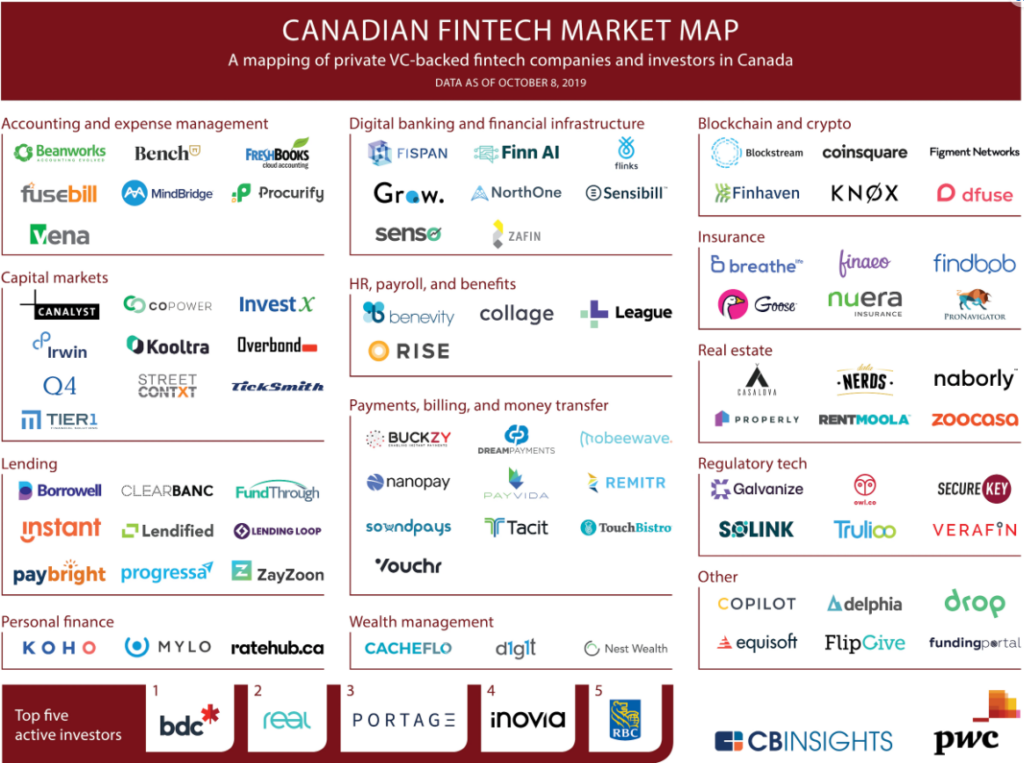Fintech Outsourcing: Boosting Efficiency and Innovation

Fintech refers to the integration of technology into offerings by financial services companies to improve their use and delivery to consumers. It primarily works by unbundling offerings by such firms and creating new markets for them.
In the rapidly evolving world of financial technology (fintech), staying ahead of the competition requires a focus on core competencies, streamlined processes, and cutting-edge innovation. Fintech outsourcing has emerged as a game-changing solution, enabling companies to leverage external expertise, access specialized talent, and optimize their operations. By partnering with a trusted fintech outsourcing service provider, businesses can accelerate growth, enhance operational efficiency, and drive innovation in the highly competitive fintech landscape.
Unleashing the Power of Fintech Outsourcing
Access to Specialized Skills: Fintech outsourcing opens up a vast pool of specialized talent and expertise that may not be readily available in-house. Whether it’s software development, cybersecurity, data analytics, or regulatory compliance, partnering with an outsourcing provider gives businesses access to professionals with extensive experience in the fintech industry. This collaboration empowers companies to tap into new skill sets and benefit from the latest industry insights, ultimately leading to improved product development and innovation.
Cost Optimization: Cost optimization is a critical factor for fintech startups and established organizations alike. Outsourcing certain functions and processes allows businesses to reduce overhead costs associated with recruitment, training, infrastructure, and ongoing management. By leveraging economies of scale and cost-effective offshore locations, fintech outsourcing providers offer competitive pricing models that enable businesses to save significantly while maintaining high-quality services.
Enhanced Operational Efficiency: Fintech outsourcing providers specialize in streamlining processes, ensuring operational efficiency, and meeting industry best practices. These providers bring years of experience and expertise to the table, allowing businesses to optimize operations, reduce time-to-market, and enhance customer experiences. From back-office functions like accounting and data entry to customer support and compliance, outsourcing offers a scalable and flexible solution that aligns with changing business needs.
Focus on Core Competencies: Outsourcing non-core functions frees up valuable internal resources, enabling businesses to concentrate on their core competencies. By entrusting tasks like technology infrastructure management, software maintenance, and data security to experienced outsourcing partners, fintech companies can focus on developing innovative solutions, driving business growth, and delivering exceptional value to their customers. This strategic allocation of resources fosters agility, adaptability, and a competitive edge in the fintech market.
Regulatory Compliance and Security: In the fintech industry, regulatory compliance and data security are paramount. Fintech outsourcing providers are well-versed in the complex regulatory landscape and possess robust security frameworks to ensure data privacy, confidentiality, and compliance with industry standards. These providers implement stringent security measures, including encryption protocols, access controls, and regular audits, reducing the risk of data breaches and maintaining the trust of customers and stakeholders.
Fintech outsourcing has emerged as a vital strategy for businesses seeking to accelerate growth, optimize costs, and drive innovation. By partnering with XBlock Outsourcing, companies can access specialized skills, enhance operational efficiency, and focus on their core competencies. This strategic collaboration enables businesses to stay ahead of the competition in the ever-evolving fintech landscape, delivering exceptional products and services to their customers while maintaining regulatory compliance and data security.
Key Takeaways
- Fintech refers to the integration of technology into offerings by financial services companies to improve their use and delivery to consumers.
- It primarily works by unbundling offerings by such firms and creating new markets for them.
- Companies in the finance industry that use fintech have expanded financial inclusion and use technology to cut down on operational costs.
- Examples of fintech applications include robo-advisors, payment apps, peer-to-peer (P2P) lending apps, investment apps, and crypto apps, among others.
Some of the most active areas of fintech innovation include or revolve
around the following areas:
- Cryptocurrency (Bitcoin, Ethereum, etc.), digital tokens (e.g., non-fungible tokens, or NFTs), and digital cash. These often rely on blockchain technology, which is a distributed ledger technology (DLT) that maintains records on a network of computers but has no central ledger. Blockchain also allows for so-called smart contracts, which utilize code to automatically execute contracts between parties such as buyers and sellers.
- Open banking, which is a concept that proposes that all people should have access to bank data to build applications that create a connected network of financial institutions and third-party providers. An example is the all-in-one money management tool Mint.
- Insurtech, which seeks to use technology to simplify and streamline the insurance industry.
- Regtech, which seeks to help financial service firms meet industry compliance rules, especially those covering Anti-Money Laundering and Know Your Customer protocols that fight fraud.
- Robo-advisors, such as Betterment, utilize algorithms to automate investment advice to lower its cost and increase accessibility. This is one of the most common areas where fintech is known and used.
- Unbanked/underbanked services that seek to serve disadvantaged or low-income individuals who are ignored or underserved by traditional banks or mainstream financial services companies. These applications promote financial inclusion.
- Cybersecurity. Given the proliferation of cybercrime and the decentralized storage of data, cybersecurity and fintech are intertwined.
- AI chatbots, which rose to popularity in 2022, are another example of fintech’s rising presence in day-to-day usage.
(Source: Investopedia.com)
Fintech Users
- Business-to-business (B2B) for banks
- Clients of B2B banks
- Business-to-consumer (B2C) for small businesses
- Consumers
Trends toward mobile banking, increased information, data, more accurate analytics, and decentralization of access will create opportunities for all four groups to interact in unprecedented ways.

